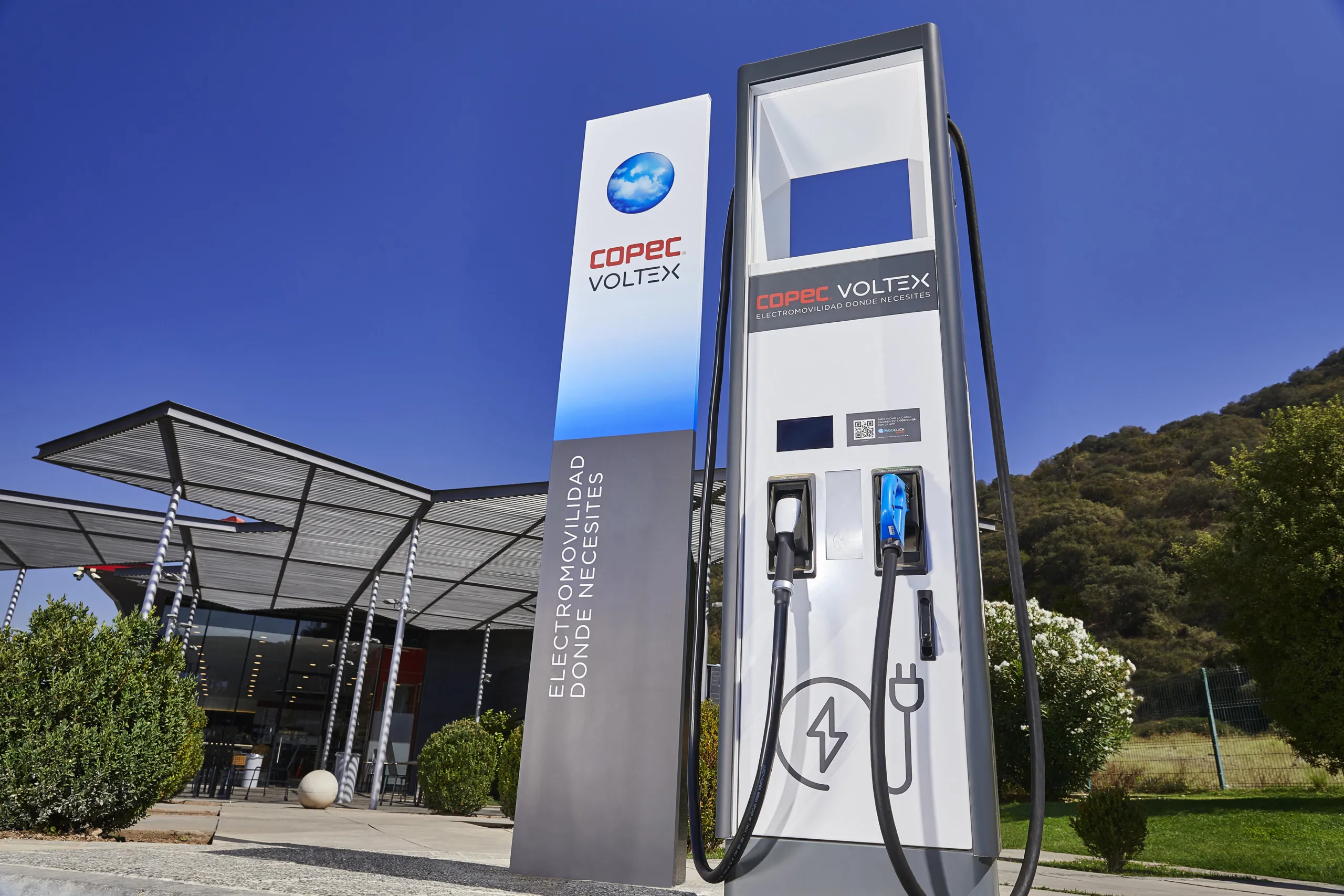A collaboration led by DTE Energy called Project Kinetic has launched an initiative which allows drivers to charge electric vehicles (EVs) at Beacon Park in downtown Detroit, Michigan.
DTE says the ChargeD initiative is offering access to four DC fast-charger stations.
Project Kinetic – whose partners include the city of Detroit and
Detroit’s director of sustainability Joel Howrani Heeres says: “ChargeD will allow residents, employees and users to have access to fast-charging technology, create an opportunity to educate the community about EVs and understand what it will take to scale this programme across Detroit.”
DTE installed the
Jordan Catrine, EV charging & infrastructure manager at General Motors, says: “The new fast chargers in Beacon Park will help make owning a
Two more chargers will be installed at Capitol Park, a public space managed by the Downtown Detroit Partnership – which will work with Next Energy to educate consumers, businesses and communities of the benefits of EVs.
Other members involved in Project Kinetic include the Michigan Economic Development Corporation, Planet M, Lear, Quicken Loans Community Fund and Bedrock Detroit.
Kinetic unveils Detroit EV charging initiative
A collaboration led by DTE Energy called Project Kinetic has launched an initiative which allows drivers to charge electric vehicles (EVs) at Beacon Park in downtown Detroit, Michigan.
DTE says the ChargeD initiative is offering access to four DC fast-charger stations.
Project Kinetic – whose partners include the city of Detroit and General Motors – has a mission to identify solutions that address mobility challenges.
Detroit’s director of sustainability Joel Howrani Heeres says: “ChargeD will allow r
October 1, 2019
Read time: 2 mins








